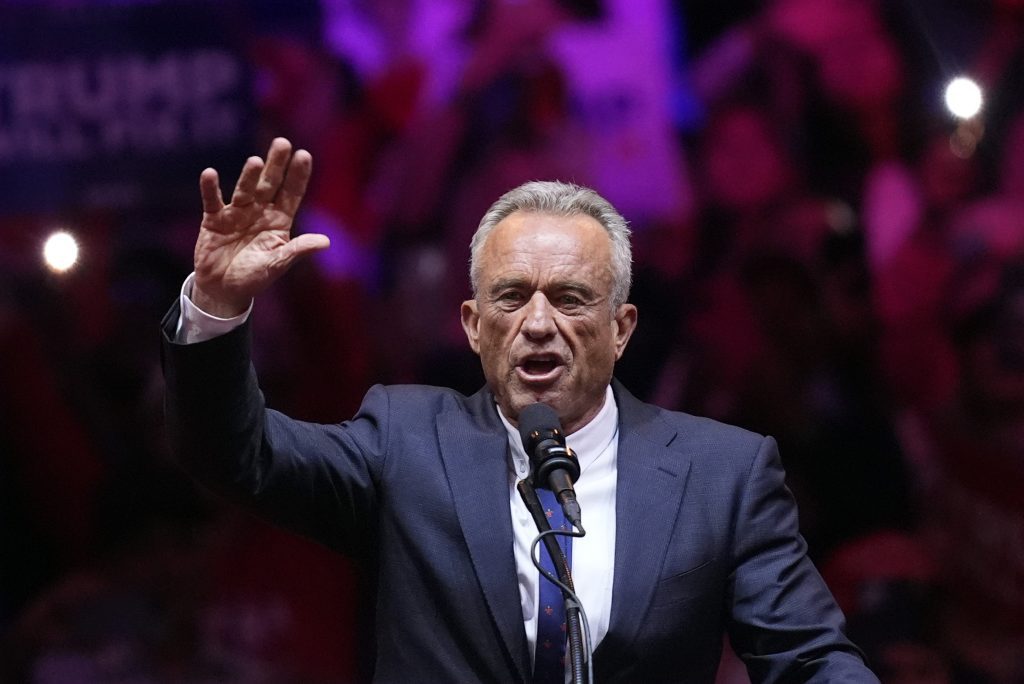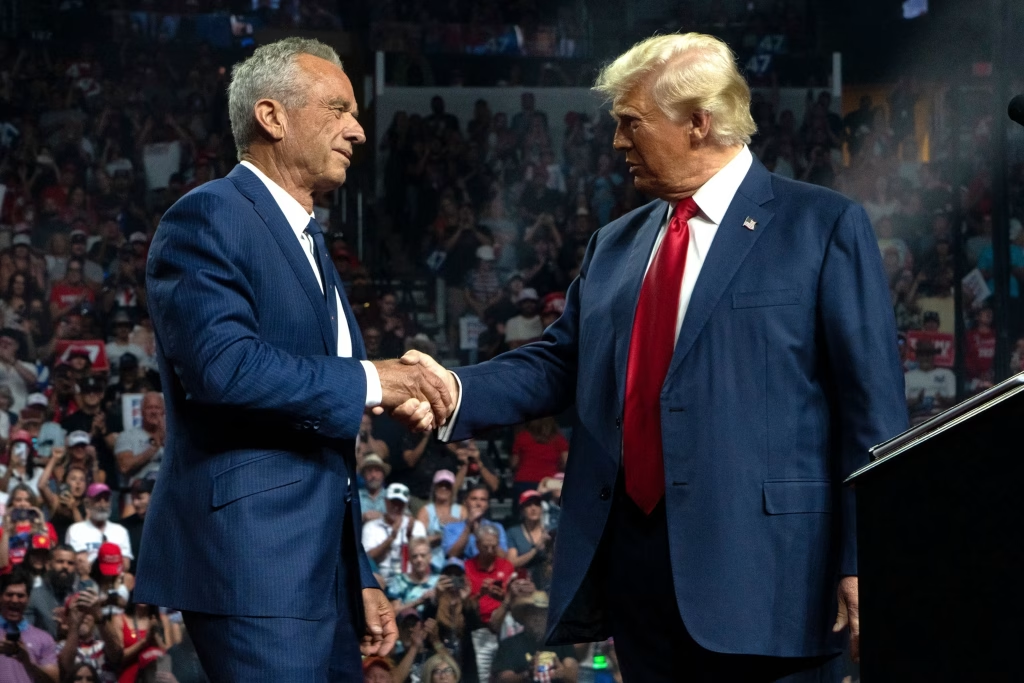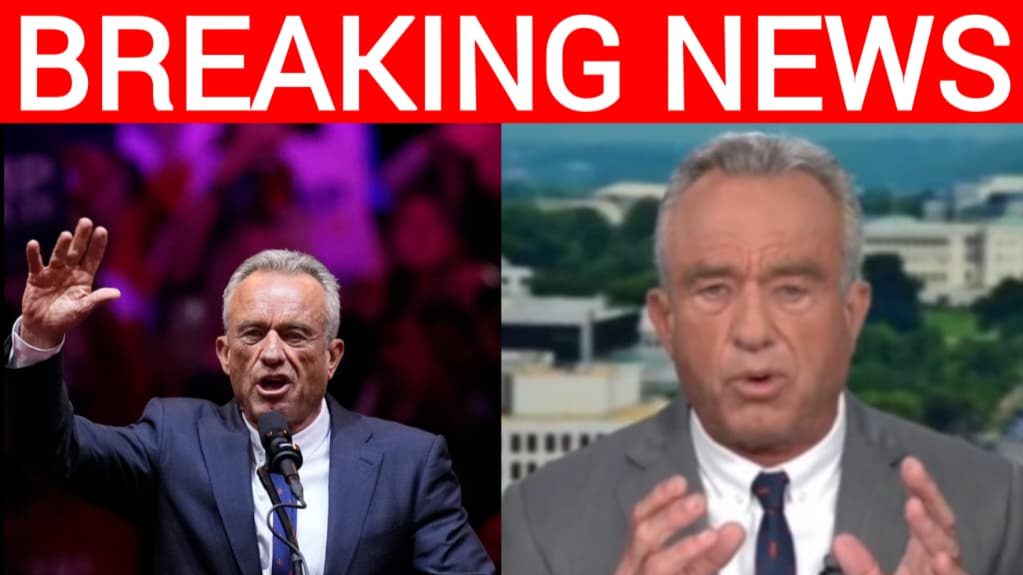Robert F. Kennedy Jr Calls for Fresh Leadership at the CDC, Promises Real Public Health and Integrity Ahead
The conversation around public health in America has always been emotional, but when Robert F. Kennedy Jr recently called out the leadership at the Centers for Disease Control and Prevention, it struck a nerve that many people still feel. His words were not just about policy or politics; they were about the lived experiences of millions of families who went through years of mandates, shutdowns, and fear. He made it clear that the current leadership, the ones who imposed masking on children, closed schools, and enforced social distancing rules without what he sees as solid science, have lost the trust of the public. In his words, it is time for “new blood,” people who are committed to real public health, honesty, and science that can stand as the gold standard rather than shifting based on political winds.

For parents, especially those who watched their children struggle through closed classrooms and online learning, this message hit home. The scars of those decisions still linger. Small businesses that had to shut their doors, workers who were laid off, and families who felt cut off from their communities all remember who signed off on the rules that led to those losses. Kennedy is not the only one who has been vocal about it, but his framing is sharp: the people who made those calls cannot be the same ones tasked with guiding the future.
What makes this moment even more powerful is the way he linked it with a promise of change under a Trump administration. He was firm in saying that if there is another chance at leadership in Washington, the agencies that deal with public health will not look the same. The idea is not just about replacing people for the sake of it, but about bringing in new professionals who value transparency, who are accountable to the public, and who put health above politics. Kennedy spoke of integrity, of making sure that science means exactly that—science—and not policy dressed up as evidence.
It is a bold message that explains why many Democrats are suddenly nervous about his presence in the conversation. When he says these agencies need to be reformed, it resonates with a growing number of people who believe trust in government health institutions has been badly damaged. By saying what many are thinking out loud, Kennedy has placed himself in the middle of one of the most important debates in the country.

The timing of this statement is also telling. Americans are looking ahead, not backward, and what they want is reassurance that if another crisis comes, the mistakes of the past will not be repeated. They want to believe that the next generation of leaders at the CDC and other agencies will remember the lessons of the last few years and act with more balance, honesty, and compassion. Kennedy’s words offered that hope, and by aligning himself with a future Trump administration, he is signaling that change is not just possible but planned.
When he said “we need new people committed to public health and integrity,” it felt less like a political slogan and more like a call to action. There is a hunger in the country for leaders who stand for something real, and Kennedy has tapped into it. Whether people agree with every detail or not, his willingness to say what many feel has pushed him closer to the center of a movement that is bigger than any one party. It is about trust, truth, and the future of American health.


